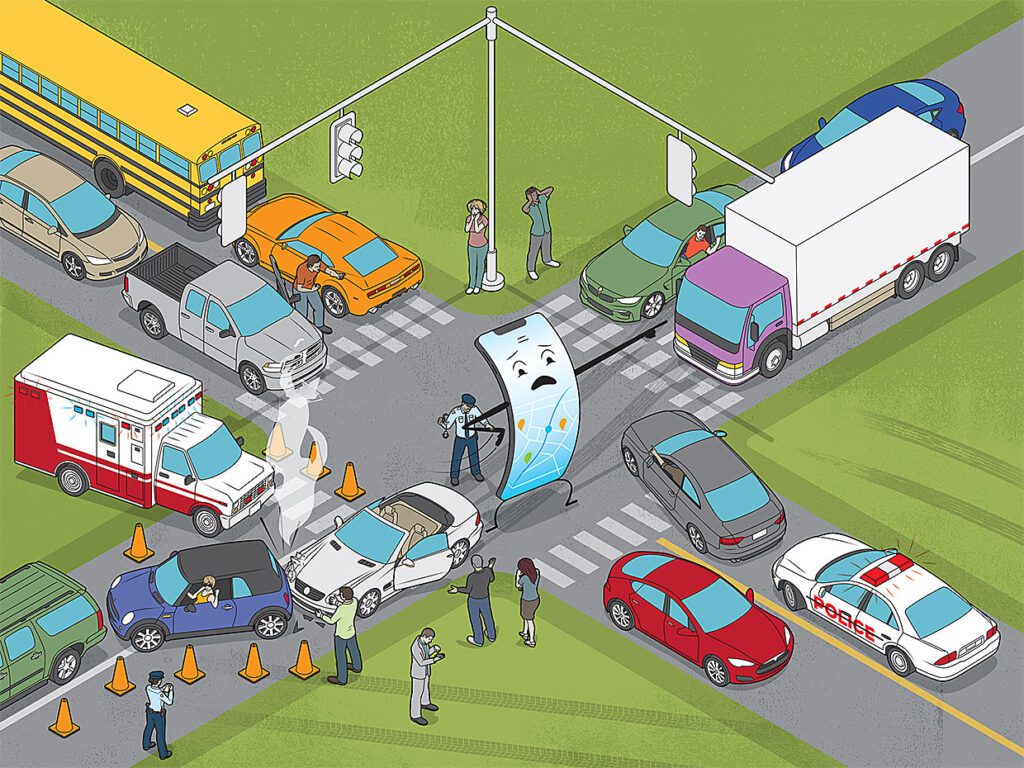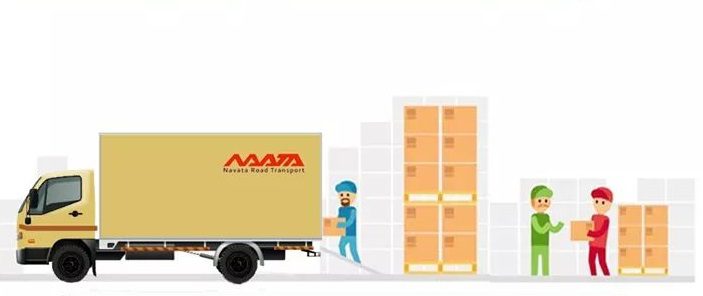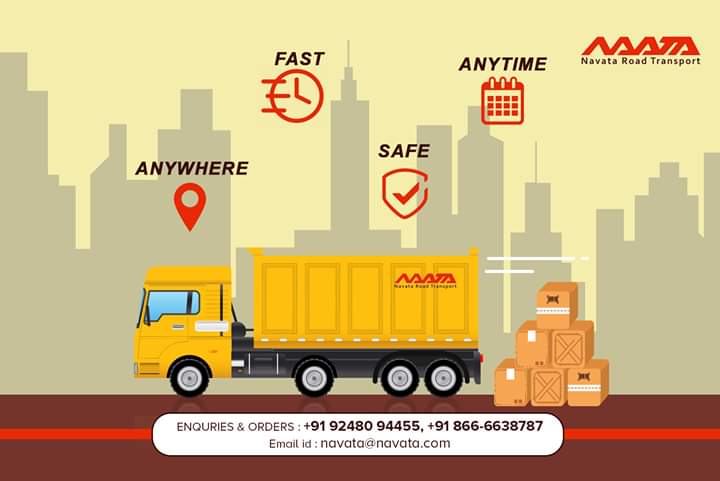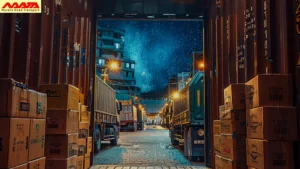Top 7 Challenges Faced By Transportation Companies In India
Table of Contents
Challenges Faced By Transportation Companies In India
The Logistics Sector undoubtedly plays the most integral role in any sector’s supply chain. Whatever the industry, be it healthcare, hospitality or manufacturing industries, transportation companies play a key role in connecting the organizations to their clients.
The Global Logistics Sector is estimated to be worth 300 Billion USD. In India alone, around 10% to 15% of product cost may be attributed to the logistics sector. This is comparatively significant from other economies like that of USA or China. The Indian Logistics sector is a fast evolving industry. However, this exponential growth is not without challenges. Let us take a look at a few Challenges Faced By Transportation Companies In India

challenges faced by transportation company
1. Transportation Challenges
Transportation by road is the primary mode of freight cargo transportation in India. Nearly 60% cargo moves by road. Owing to over-saturated rail networks and high rail tariffs, a mere 32% cargo moves by rail. Although majority of the supply chain moves by road, it is not without a fair amount of hiccups. Road transportation proves to be quite inefficient because of poor road infrastructure, multiple checkpoints, and congestion.

2. Bulk Order Intensity Ratio
Keeping up with bulk order timelines is a herculean task for transportation companies. Every Indian Transportation Company in the Logistic Sector has faced the exhausting issue of keeping up with the supply-chain timeline in the event of receiving bulk load of orders. In the instance of high volume of orders received, it often gets difficult to prioritize and juggle orders and deliveries on an extremely tight timeline. This challenge gets aggravated when the company has limited resources, owing to the difficult payment cycles. Festival time is the best example of mass delays in delivery schedules, when an overall failure of the ETA mechanism can be observed.

Challenges Faced By Transportation Companies In India
3. Hike In Fuel Cost
Fuel cost is one of the biggest challenges faced by the transportation companies in the Indian logistic sector. The inflation in fuel prices results in increase of transportation costs to the shippers. Rise in fuel prices constantly increase the surcharges added to freight rates. This naturally cuts down the revenue and earnings of truckers, as fuel prices increase.

Challenges Faced By Transportation Companies In India
4. Unforeseen Delays in Transportation
The varied terrain and diverse travel and weather conditions in India, create an unreliability in the transportation industry, owing to the high probability of unforeseen conditions. Even when the packaging and drops are conducted on schedule, the transportation industry is often challenged by delays. Mainly because India is a huge country, covering different terrains, subject to different conditions. Also, roads are terrible in the remote, internal parts of the country and Ghats are prone to accidents and landslides.
Traffic congestions, multiple checkpoints, and toll stations add to the woes. This translates into the Logistics companies losing out on a lot of time and money. In a nutshell, even after taking into consideration extra delays, more unforeseen delays cannot be ruled out..

5. Dearth of Skilled Personnel
The Indian Logistics sector faces an alarming lack of skilled manpower and specialized personnel. With the advent of modern technology, there is a keen requirement for technically skilled labor. However, the laborers are under-skilled, over-worked and lack the desired skill-set to make the process efficient. Also, to save on capital, companies compromise on the training and payment of their logistics staff. Resultantly, these companies face the problem of high labor turnover, increased training costs and under-performing human resource.

6. Pitiable Warehousing Conditions
Another major challenge is storage. The unfortunate plight of pitiable warehousing facilities in India is no secret. Cargos incur immense damage owing to pest-infested warehouses, damage due to leakages, lack of proper storage space, and much more. This is most predominant in case of low margin goods and cargo. Also, the Governments use the big warehouses to store grains, leaving very little space for cargo storage.

7. Inadequate and Overstressed Delivery Staff
Overstressed delivery staff is a grave challenge faced by the supply chain of the Indian logistic sector. Every transportation company in India faces the problem of employing and retaining their delivery staff. The industry faces a shortage of delivery personnel, leading to the workloads of multiple time-bound deliveries being placed on the current workers. This obviously leads to them getting burnt out and discouraged with the pressure and with overwork.

Blog – Top 7 Challenges Faced By Transportation Companies In India
Powered By 360 Presence
Leave a Replay
Challenges Faced By Transportation Companies In India Challenges Faced By Transportation Companies In India Transportation Challenges Transportation Challenges Transportation Challenges Transportation Challenges Transportation Challenges Transportation Challenges Transportation Challenges




